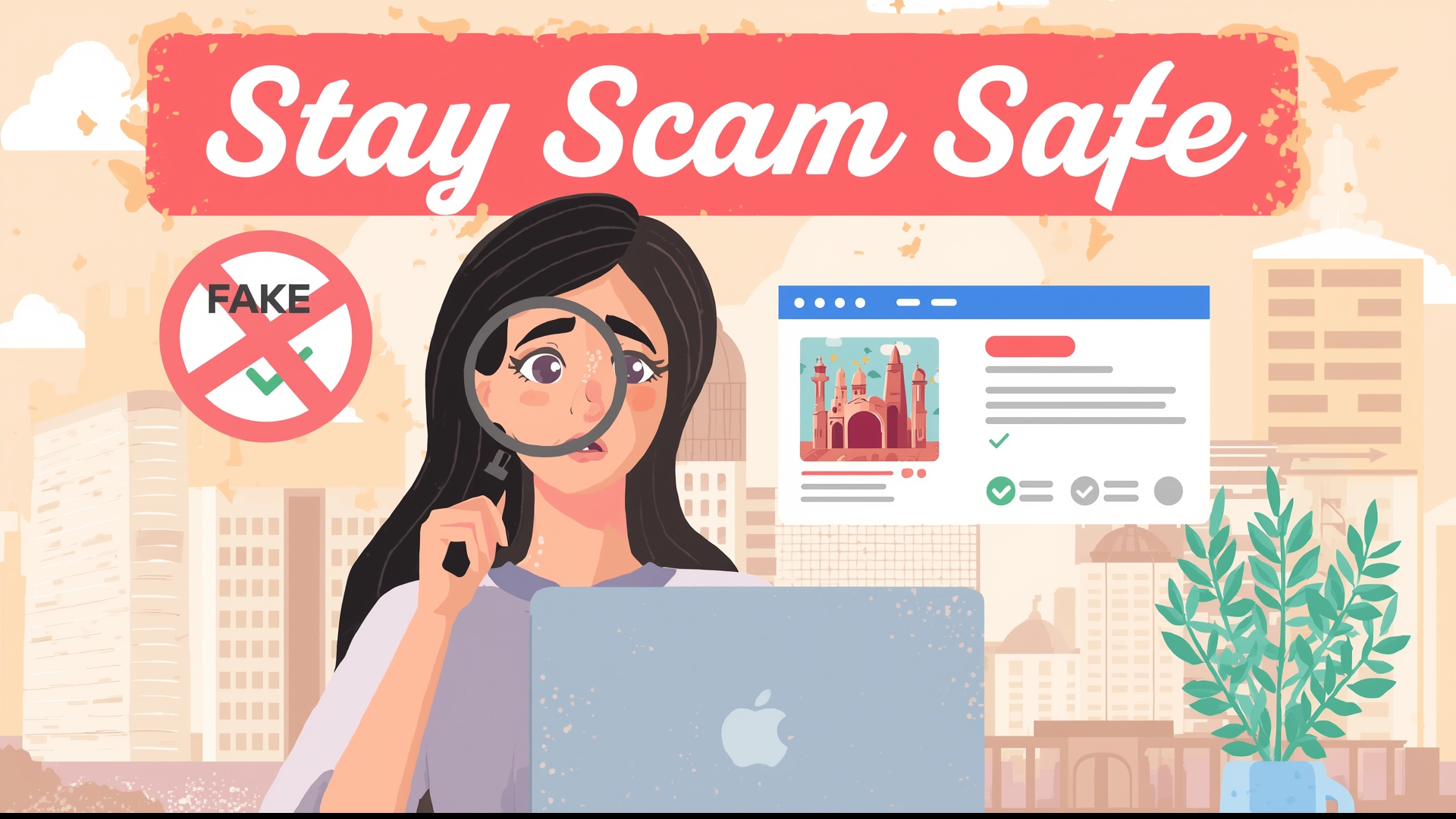
General
How to spot fake Ads on Social Media in the UAE: Stay Scam Safe
In 2025, UAE authorities raised alarms over a surge in fake social media advertisements; from bogus flight giveaways to fraudulent investment schemes. These deceptive posts impersonate trusted brands to lure users into phishing scams or data theft. Here's how to recognize and avoid them.
Why these fake Ads are so convincing:
Scammers often mimic legitimate brands by stealing logos, drafting persuasive visuals, using trending hashtags, and borrowing brand colors. Popular targets include airlines, banks, travel operators, and government entities, because people inherently trust official brands
Common red flags in fake Ads:
Too-Good-To-Be-True Offers
Unrealistic promotions like free airline tickets, huge returns on investments, or instant wealth are classic bait. If it sounds too perfect, it likely is
URL Tweaks and Spoofed Domains
Scammers register look-alike domains; such as emirates-off1cial.com or bank‑secure-login.com, that seem real but lead to phishing sites
Trend Hijacking & Fake Profiles
Posts with trending tags or slight username changes like @emirates_off1cial instead of @emirates often indicate fraud. These profiles usually have minimal followers or activity
Language Mistakes & High-pressure Tactics
Grammatical errors, spelling slips, and urgent calls like “Act now or miss out!” are signs of scam ads. Authentic brand posts are professionally edited and clear in tone
Practical tips to protect yourself:
Verify Verified Accounts: Only trust profiles with a blue checkmark and significant follower history. Avoid accounts with odd handles or recent creation dates
Hover Over Links Before Clicking: On desktop, preview the URL. On mobile, use tools like scamadviser.com or the UAE government cybersecurity portal Stay Safe (staysafe.csc.gov.ae) to test suspicious links
Ignore Unrealistic Promotions: If a brand hasn’t advertised an offer via official channels (e.g., its verified social pages or website), avoid engaging with the ad.
Check URL Format Closely: Fake sites often substitute letters (e.g. “l” vs “I”) or add extra characters. An Instagram scam resembling Marina Mall used “MarinaMaIlAbuDhabi” with capital “I”, deceiving users
What UAE authorities are doing:
Abu Dhabi Police recently arrested a fraudster who used a phishing ad disguised as a government service and stole funds via a deceptive link. The incident highlights how ads offering unreal rental deals, livestock, vehicles, or even domestic workers at inexplicably low prices can be traps.
The UAE Cybersecurity Council and Abu Dhabi Judicial Department warn of scams involving fake travel ticket sales and bogus investment groups. Their advice: Validate URLs, report suspicious posts, and avoid using unverified payment methods
What you should do:
- Always report suspicious ads using the platform’s “Report” feature (“Misleading or Scam”).
- Flag suspicious posts to the real brand via its verified customer channels.
- Verify before engaging; trusted entities will never ask for personal info, payment upfront, or force urgency.
- Stay informed through official UAE safety campaigns and digital security guidelines.
By avoiding unrealistic offers, scrutinizing URLs and profiles, and reporting dubious content, you significantly reduce your risk of getting scammed. Stay vigilant; if it feels off, it probably is.